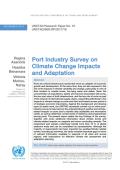
This report, Port Industry Survey on Climate Change Impacts and Adaptation , relates the key findings of the survey, together with some additional information about climate trends and climate-related impacts on seaports.
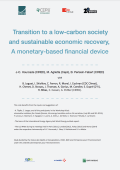
The following essay outlines a practical proposal to consider simultaneously the issues of mitigation of carbon emissions, financial system stability, and global economic growth objectives.
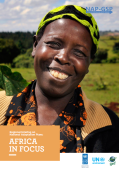
This briefing Regional briefing on National Adaptation Plans - Africa in Focus aims to provide a brief overview of National Adaptation Plans (NAPs) experiences in these sub-Saharan African countries, highlighting emerging issues, challenges and opportunities – with a focus on the countries whose delegates participated in the workshop.
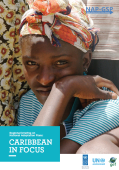
This Briefing Regional Briefing on National Adaptation Plans - Caribbean in Focus is based on the consultations and discussions which took place at the National Adaptation Plan (NAP) Training Workshop for the Caribbean, held in Georgetown, Guyana, from 31 May to 2 June 2017.
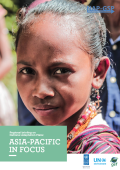
This Briefing Regional briefing on National Adaptation Plans - Asia-Pacific in Focus aims to provide a brief overview of the NAP experiences of middle-income countries in the Asia and Pacific region (excluding Central Asia), and highlight emerging issues, challenges and opportunities
